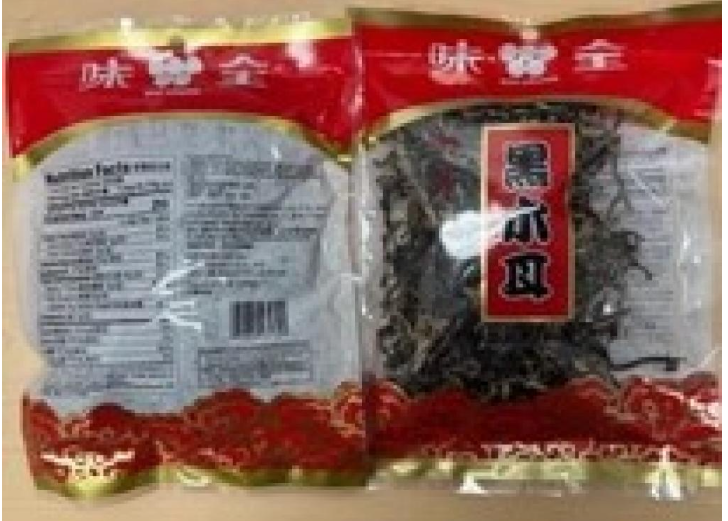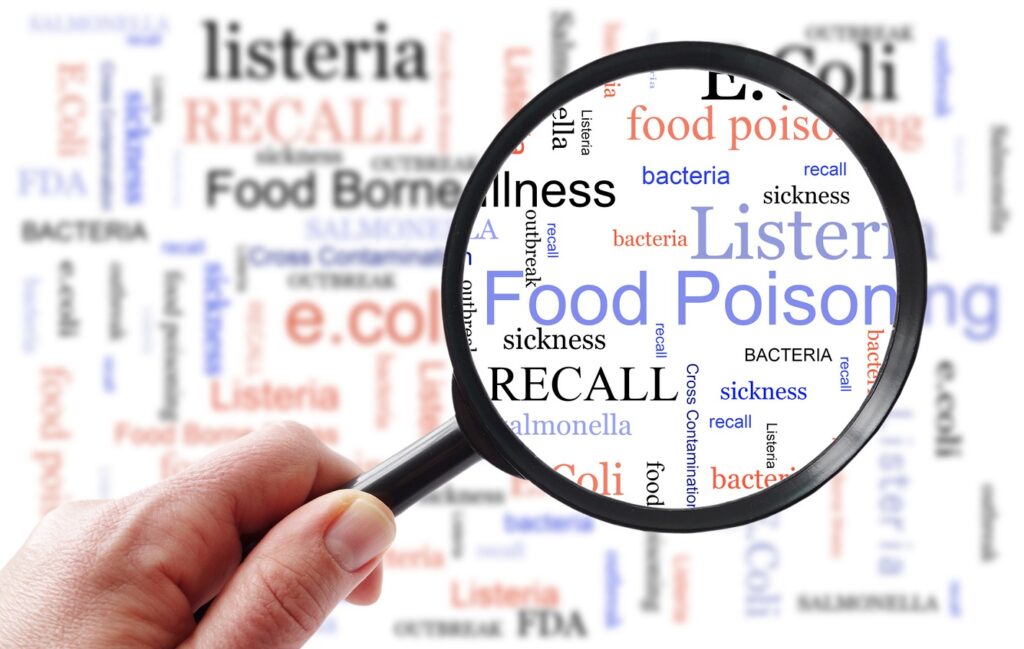The FDA published more than 200 decision letters, known as Complete Response Letters (CRLs), on July 10, 2025. The CRLs were issued in response to applications submitted to the FDA for approval of drugs or biological products between 2020 and 2024, marking a significant step in the Agency’s broader initiatives to modernize and increase transparency. By making the CRLs available, the public now has significantly greater insight into the FDA’s decision-making and the most common deficiencies cited that sponsors must address before their application is approved. The FDA issues CRLs for various reasons, most related to safety and efficacy concerns, manufacturing deficiencies, and bioequivalence issues. Marty Makary, M.D., M.P.H., said that “For far too long, drug developers have been playing a guessing game when navigating the FDA; today, the FDA is bringing meaningful treatments to patients faster.” The CRLs were redacted for trade secrets and confidential commercial information. The Agency is in the process of publishing additional CRLs from its archives and continually exploring ways to provide the public with greater transparency into its decision-making process. @ https://www.fda.gov/news-events/press-announcements/fda-embraces-radical-transparency-publishing-complete-response-letters?utm_medium=email&utm_source=govdelivery



